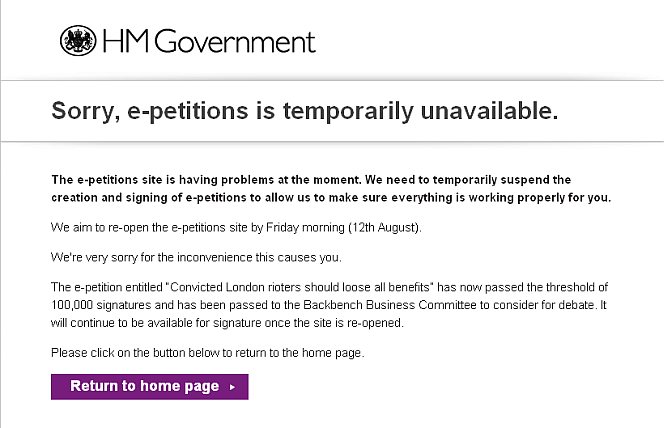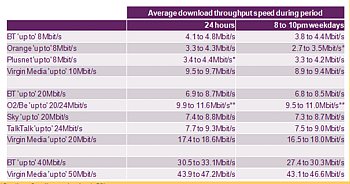
A few years ago when my daughter was around 10 years old she was given a voucher for a free photographic modelling session at Olan Mills.
We went along, she fully made up, and had many photos taken. She was allowed to choose one of them for printing off free of charge. The one she wanted was very glamorous. The one I let her have was different. It was nice, not sophisticated. I didn’t want my little girl “looking like that”.
In the car one the way home I was taken aback by how upset she was. I felt bad about it at the time but by then it was too late. “Just one of things you put down to experience.”
Published today is the “Bailey Report: Letting Children be Children – Report of an Independent Review of the Commercialisation and Sexualisation of Childhood”.
The report looks at the issue of children growing up too quickly and seeks to find a way to build a safer society for the young. The conclusion is that here is not one single solution but that a mix of approaches is necessary.
Bailey suggests “both putting the brakes on an unthinking drift towards ever greater commercialisation and sexualisation, while also helping children understand and resist the potential harms they face.”
He also says “For us to let children be children, we need parents to be parents.”
It is clear to me that this is one of the most important aspects of the report.
Last year my 10 year old son wanted me to buy him Call of Duty Black Ops for his Xbox. I looked into it and it carries an “18” rating – in the eyes of those who profess to know, unsuitable for a 10 year old.
The problem is all his mates have it. They also have many other 18 rated games. Sons of friends that might be deemed sensible people. They just laugh it off with “I know we shouldn’t let him but…” or “ He used his own money, what can you do?”
I polled my Facebook friends and 14 out of 15 responses were against my letting him have the game. He didn’t get the game, nor did he get any other “18”s. He feels aggrieved.
I had to compromise. I found that he already had a number of “15” rated games so he got to keep those and has had more since. It is difficult to see how parents can manage against this tide of peer group pressure. It only takes one or two to give in to queer the pitch for the rest of us.
Anything that Reg Bailey and the government can do to help will be welcome. We do have to be careful not to cross civil liberty boundaries but why shouldn’t every right minded person want to help?
The Bailey Report can be downloaded from the Department of Education website. I haven’t tried to condense its 117 pages into this single blog post so you should take some time to read it.
 It’s a bit of a dank dismal day here in the shires and I have the office aircon on “heat”. Don’t get me wrong I don’t mind this weather – it reminds me of my childhood and in particular of wet Sunday afternoons spent watching the black and white cowboy film on BBC2, maybe playing a game of Monopoly and then the excitement of Songs of Praise with Harry Secombe after tea. The highlight of the day was the comedy on Radio 4 at 6.30 or 7pm.
It’s a bit of a dank dismal day here in the shires and I have the office aircon on “heat”. Don’t get me wrong I don’t mind this weather – it reminds me of my childhood and in particular of wet Sunday afternoons spent watching the black and white cowboy film on BBC2, maybe playing a game of Monopoly and then the excitement of Songs of Praise with Harry Secombe after tea. The highlight of the day was the comedy on Radio 4 at 6.30 or 7pm.







